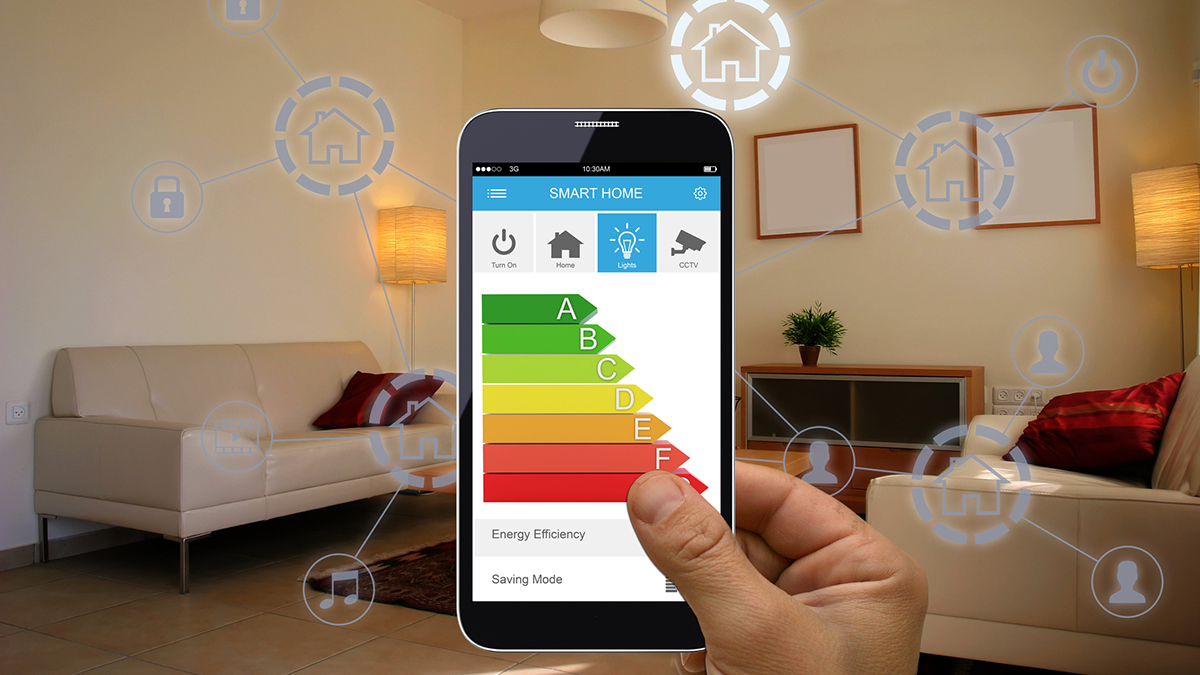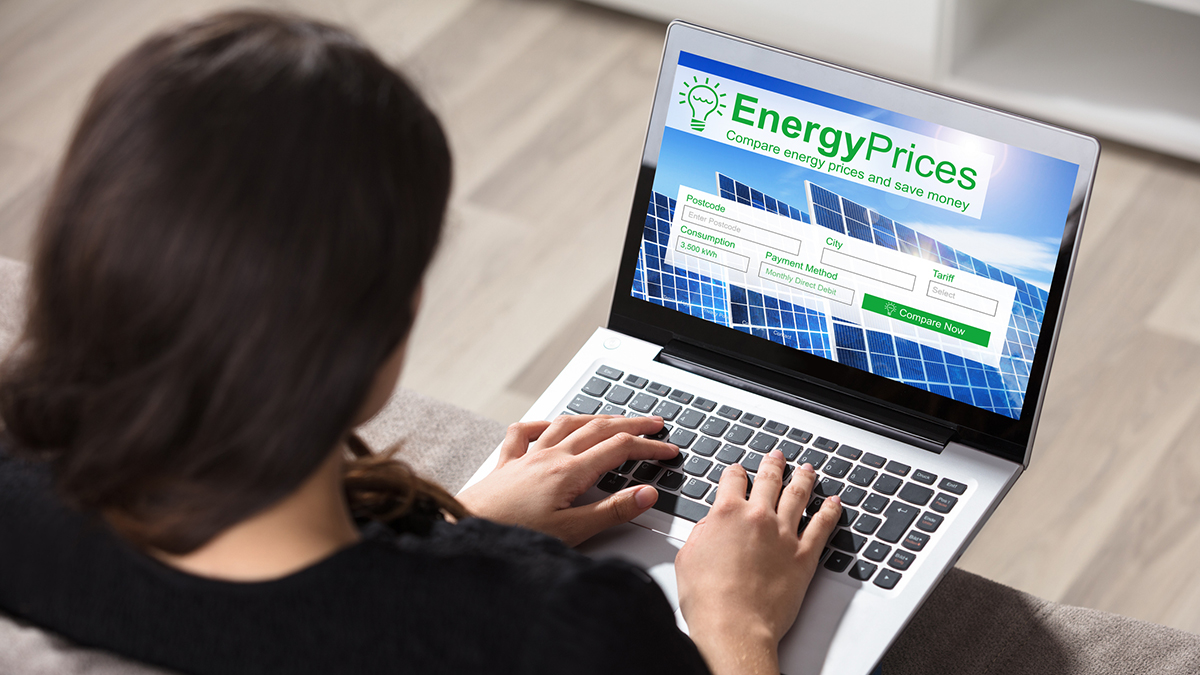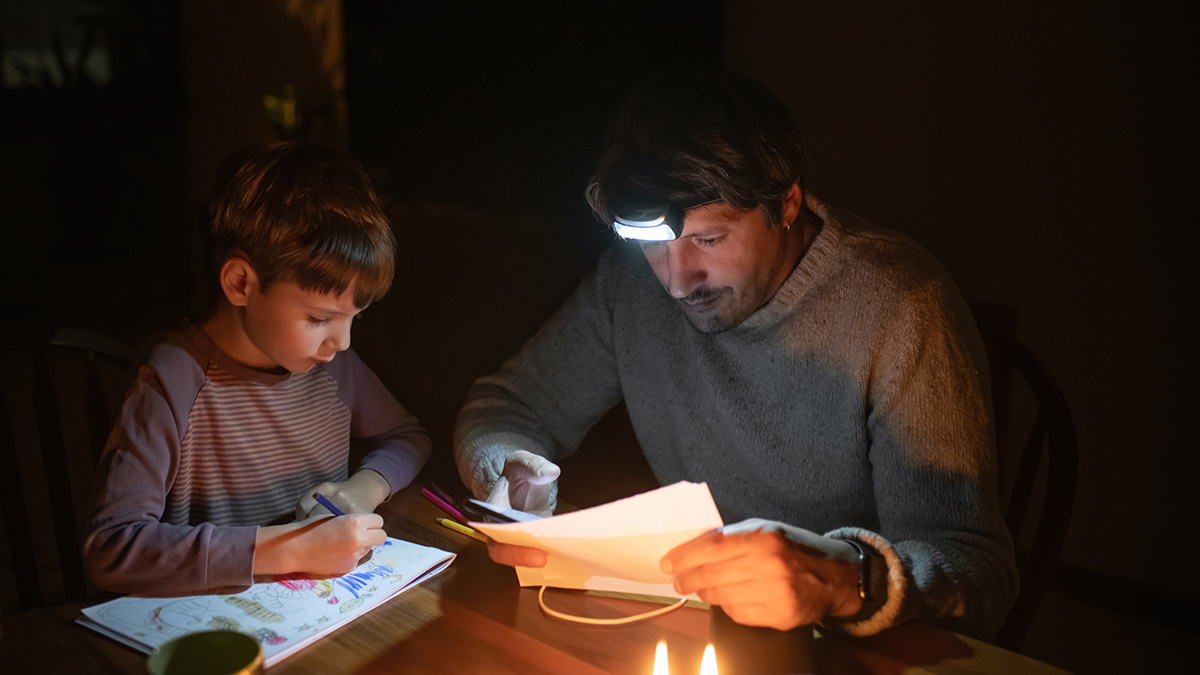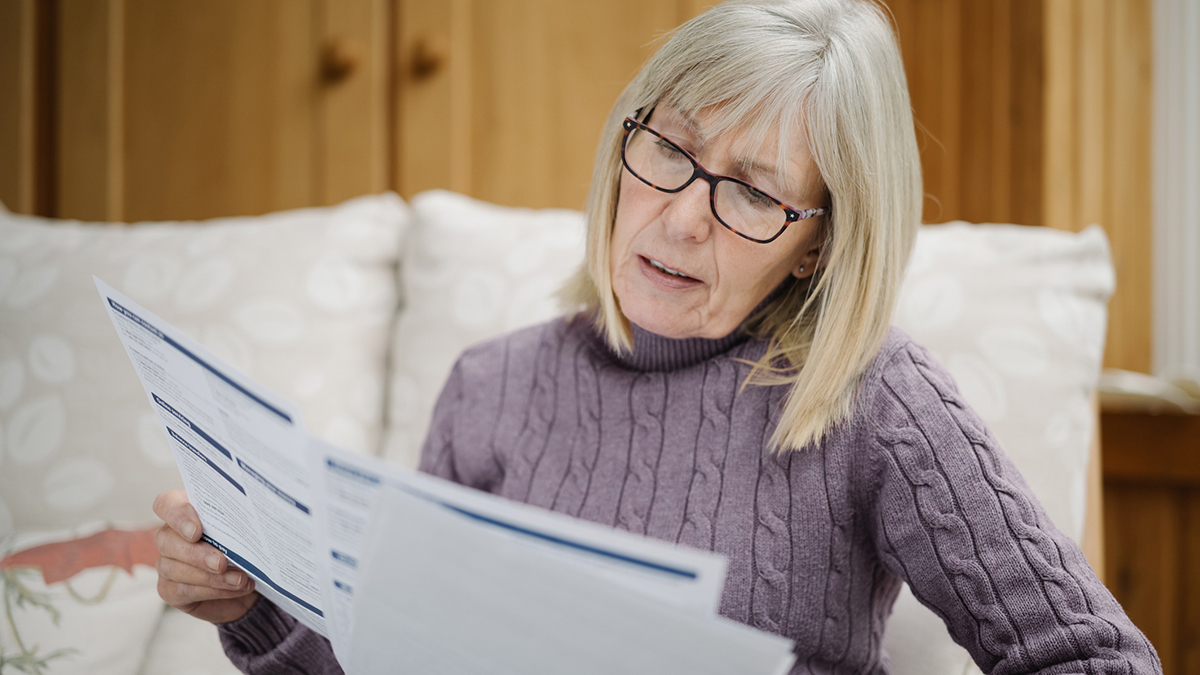Get our independent lab tests, expert reviews and honest advice.
The problem with some energy bill comparison sites

Need to know
- Switching to a cheaper energy deal could save you hundreds of dollars a year
- Differing tariffs, fees and charges make it difficult to compare plans without help
- Many comparison sites only examine a portion of the market
Australian consumers looking for a good energy deal have benefitted from a bounty of choice in recent years, with more and more energy retailers joining the chase for customers in key markets across the country.
And although many smaller retailers are not currently accepting new customer applications due to the recent spike in electricity prices, the proliferation of choice over recent years has changed the nation’s energy market for good.
This surge in competition has delivered savings for consumers (regulators have found hundreds of dollars difference between plans) and a growing number of websites promising to uncover the best deals.
But how do you know which of these switching sites to use and which to avoid?
Are you paying too much for energy?
The rates at which Australian consumers change energy providers reached multi-year highs in 2018, according to the Australian Energy Market Commission (AEMC).
And while those rates have slowed down since, the latest AEMC data from 2020 found a swathe of new retailers were eroding the market share of the traditional big three – AGL, Origin and Energy Australia.
The AEMC found consumers could save up to $522 by switching to a cheaper plan
With 40 different electricity retailers now offering connections across the country, the AEMC found consumers could save up to $522 by switching to a cheaper plan.
So, how do you find out which retailer has the best electricity deal? With the energy market being one of the most confusing ‘confuse-opolies’ of all, it’s not surprising that many people turn to comparison sites to work it out for them. But are these websites really giving you the full picture?
What’s wrong with energy comparison sites?
The main issue with commercial comparison sites such as iSelect, Compare the Market, Finder or Canstar Blue is that they’re not searching all the available deals on the market.
iSelect is upfront on its compare energy homepage that it only compares offers from energy retailers it’s partnered with.
A disclaimer makes it clear the site is unlikely to recommend the best deal on offer in the energy market, since it only compares a portion of that market:
“iSelect does not compare all providers or plans in the market. Not all plans or special offers are available at all times, or in all areas … Not all plans made available from our providers are compared by us and due to commercial arrangements, area and availability, not all plans compared by us are available to all customers.”
Compare the Market is also clear about the limitations of its comparisons, saying, “We don’t have access to all of the products available in your area: we do not compare all brands in the market, or all products offered by all brands. At times certain brands or products may not be available or offered to you.”
An argument could be made that commissions are influencing which energy plans are presented to users
Both services also admit some offers may only be available to users who go the extra mile and speak to their call centres.
And while they claim their commission-based business models don’t influence how they present plans online or over the phone, both companies do receive a commission each time one of their customers takes out a new energy offer.
Considering that Compare the Market captures only seven of the 40 energy retailers in the market, an argument could be made that commissions are influencing which energy plans are presented to users.
And while fellow comparison sites Canstar Blue and Finder promise to compare more retailers, they similarly earn fees for clicks and also provide prominent positioning on their pages to certain commercial partners.
Recommended comparison sites
Free to compare
The federal government’s Energy Made Easy comparison site is a non-commercial website whose existence was mandated by the National Energy Retail Law that came into effect in July 2012.
It provides information on individual electricity and gas services, along with plans that bundle the two.
The service shows you available deals in your area and lets you know which are the cheapest, offering a more personalised service if you agree to provide information on your energy use.
The service shows you available deals in your area and lets you know which are the cheapest
The site encourages you to do this by uploading a PDF copy of a recent bill, providing your National Metering Identifier or manually entering data from a paper bill in order to get a more accurate price estimate.
Energy Made Easy compares plans in most states and territories, but doesn’t cover Victoria. Residents there can use the state government’s Energy Compare website to look at all the available energy prices and plans in their area and can also upload a bill for more personalised results.
What’s more, Victorian households who switch to a cheaper plan using the portal can currently receive $250 from their state government – a reason, in case you still needed one, to give one of these government services a go.
Paid compare and switch service
CHOICE has partnered with Bill Hero to find you the best energy deal and switch you to it.
Bill Hero meets CHOICE’s standards for a consumer-friendly switching service because it doesn’t take commissions from retailers and it compares every publicly available deal.
We think it has merit because it’s based directly on our discontinued energy switching service, Transformer.
A $49 subscription gives you access to either the site’s electricity or gas service, while paying $79 will allow you to use both.
Bill Hero:
- compares your bill to all available electricity or gas plans from every retailer
- automatically reports potential savings via email and SMS messages
- analyses every bill you receive moving forward and repeats the process
- offers an additional ‘Do It For Me’ switching service ($25 per switch)





